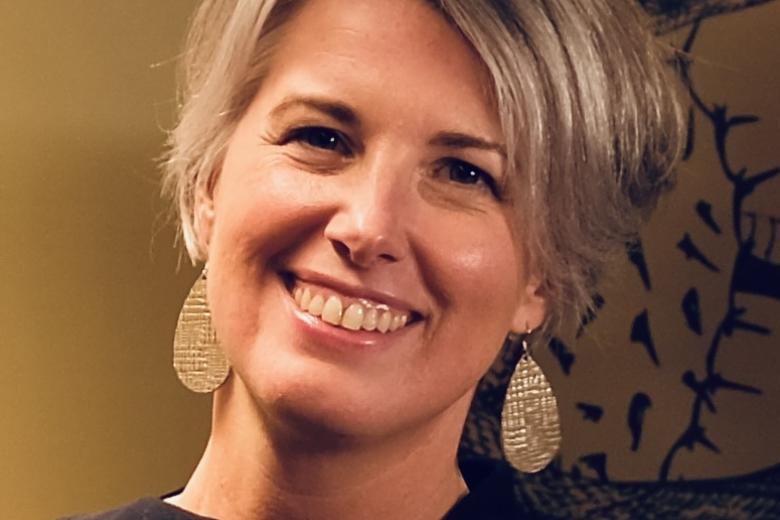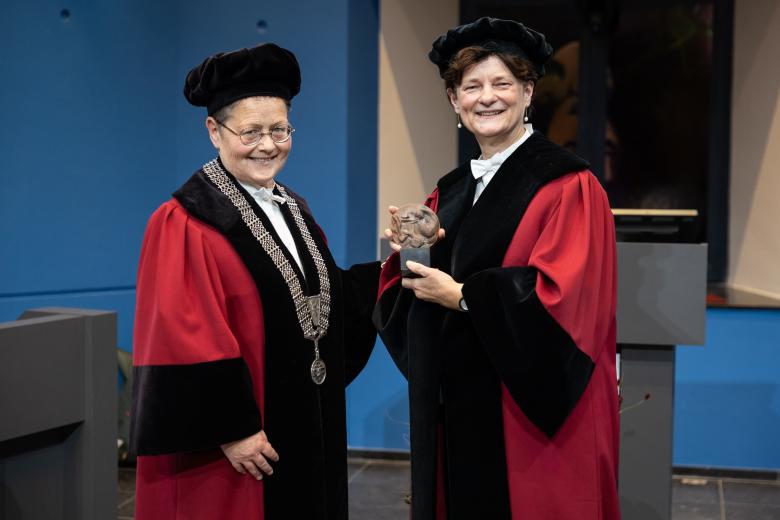The role of our 'second brain' in colorectal cancer
At the Faculty of Health, Medicine and Life Sciences, we conduct a lot of research. In our Science Stories, our researchers explain their work and the tools they use to perform their research for FHML.
There are millions of nerve cells in our intestines, which are often referred to as our 'second brain'. These cells regulate various intestinal functions, such as digestion and nutrient absorption. Veerle Melotte discovered with her research group at GROW that those nerve cells also play a rol in the development of colorectal cancer.
In this video, Veerle explains how she studies this process. By better understanding how our 'second brain' contributes to tumour growth, researchers can develop new treatments for colorectal cancer patients, and hopefully improve their survival rates.
More Science Stories? Watch how Nick van Osta uses digital twins of the heart to fill in missing puzzle pieces in heart disease.
Also read
-
Tanne van de Kreeke – a former lawyer turned epidemiologist
According to Tanne, a former lawyer and now part-time Epidemiology student, the quality of research in general would improve if more people had a better understanding of epidemiology and how the field relates to research methodology. Tanne is clear about the benefits of the master’s programme.
-
Prof. dr. Mirjam oude Egbrink awarded MUMC+-medal
During her farewell lecture on Friday, 28 November, Prof. Mirjam Oude Egbrink was awarded the MUMC+ medal by Dean Annemie Schols for her distinguished career.
-
Jeroen Hendriks: first professor of Nursing Sciences at MUMC+ in a long time
Jeroen Hendriks (CAPHRI) has been Professor of Nursing Science since last year and will deliver his inaugural lecture on 4 December 2025.